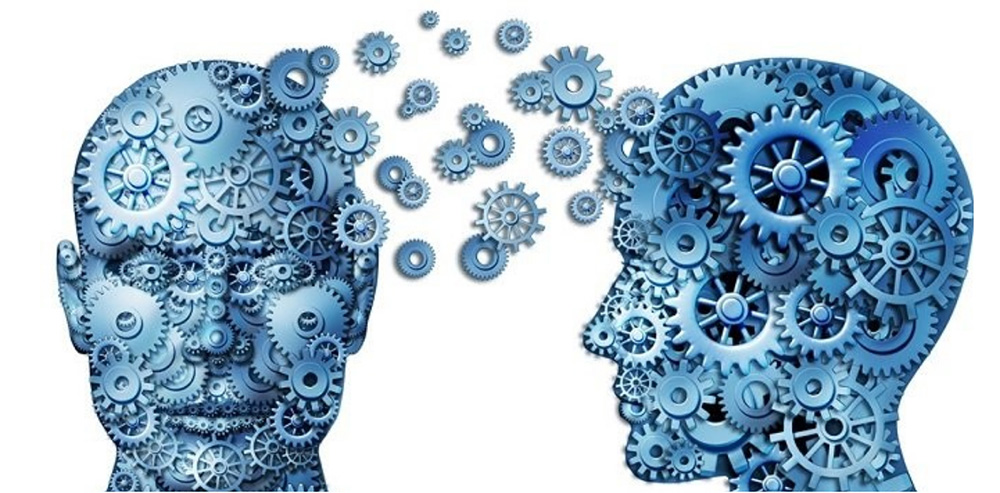
26 Apr Where does your knowledge come from?
One of the hardest things I have ever done in my life is to unlearn some of the fiction my brain had been fed. In my quest for knowledge, I first had to face many existing flaws, not only in what I believed to be true within myself, but in the way our current system of learning could install faulty belief-systems in my mind. I realised via my own awareness, not everything I was given from the world was pure. I had filed away faulty knowledge and dysfunctional emotion that was getting in the way of how I experienced life. So, I began a process of detaching from these mental limitations… sorting fact from fiction, harmony from disharmony and above all else, learned the art of perception so I could free myself of the suffering the self-created realities brought to my mind and open to a more pure experience of life. What I learned was way beyond what I even dreamed to be possible.
Look closely at your own mind, where does your knowledge come from? A definition of knowledge is: “The psychological result of perception and learning.” So, if knowledge is the result of your level of perception, you will also be limited by your perception. Have you realised that we are mostly taught what to think in school, not how? If you accept the knowledge of the outside world, you will be programmed by it, mindlessly repeating learned facts that you may no even understand, which tends to be the basis of most conversations I hear on my social excursions.
The current reality is we are mostly in a system that teaches and promotes knowledge before perception… memory and intellectual thinking over the mind and self-awareness… it’s the wrong way around! Wouldn’t it be better to initiate a new model of learning based on perception (how to become aware)? After-all, if your perception is flawed, so is your knowledge anyway. If the teacher’s knowledge is flawed and they don’t know it, so too their teachings – and if the students lack the strength of mind to sense its flaw, they accept a belief-system, until an experience comes along that makes them question what they once learned from someone else.
A classic example is the now instinct knowledge that the world is flat, which really lasted up until the 17th century. The reality is, a weak mind tends to accept common knowledge over pure knowledge, mostly because ‘if more people think it, then it must be true.’ If you do not know yourself and lack the discipline to investigate, you are subject to defaulting to common-accepted knowledge. Then, down the track, you will have to unlearn what you have learned.
Here are some things that helped me:
- Don’t create or accept knowledge independent of your own awareness.
- If it doesn’t feel right, it probably isn’t.
- I know we live in an ego-based world that preys on weak minds (people that do not know), but NEVER feel bad about not knowing something, as I have done… it just means you need more time investigating. What you are exploring is what you were looking for in the first place – your own perception preceding your own pure understanding. With enough time and investigation, anything can be learned, or unlearned about the mind and performance.
The process for me is via an understanding of the Kelee (which provides a map to your mind) and Kelee Meditation, which, via stillness of mind (detachment), opens the mind to deeper states of awareness and at the same time, deletes the files of fiction that take up unwarranted space within our mind. Why do we not see clearly? Because of belief systems (compartments in the Kelee) that tell us what to see that can run independent of our awareness, or the missing self-realisations that complete our understanding. One way or another, you will end up learning fact from fiction. The process of Kelee Meditation speeds it up by slowing you down. It calms through brain function, which can easily jump to conclusions and opens you to mind function – where perception is experienced.
My hope is that one day our schools will have – and therefore be able to teach, the knowledge of the mind and perception. Since that process may take a while, and since the current model of psychology is limited also, I recommend you take the development of your knowledge in your own hands. Study the map to your mind (the Kelee) and earn your clarity via the practice of Kelee meditation and you will experience what I – and thousands of students have experienced. That as your mind becomes pure, so too your knowledge.

